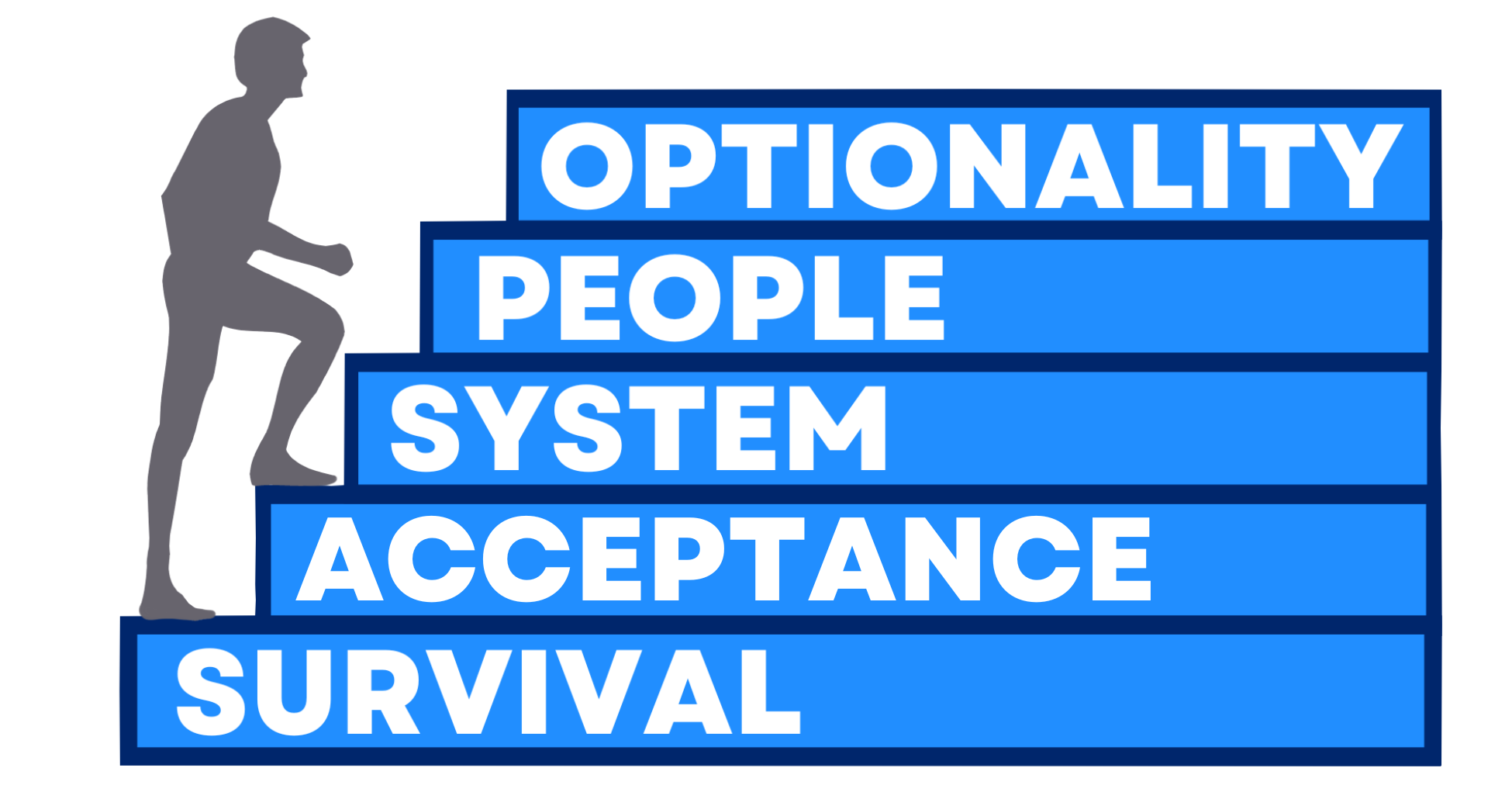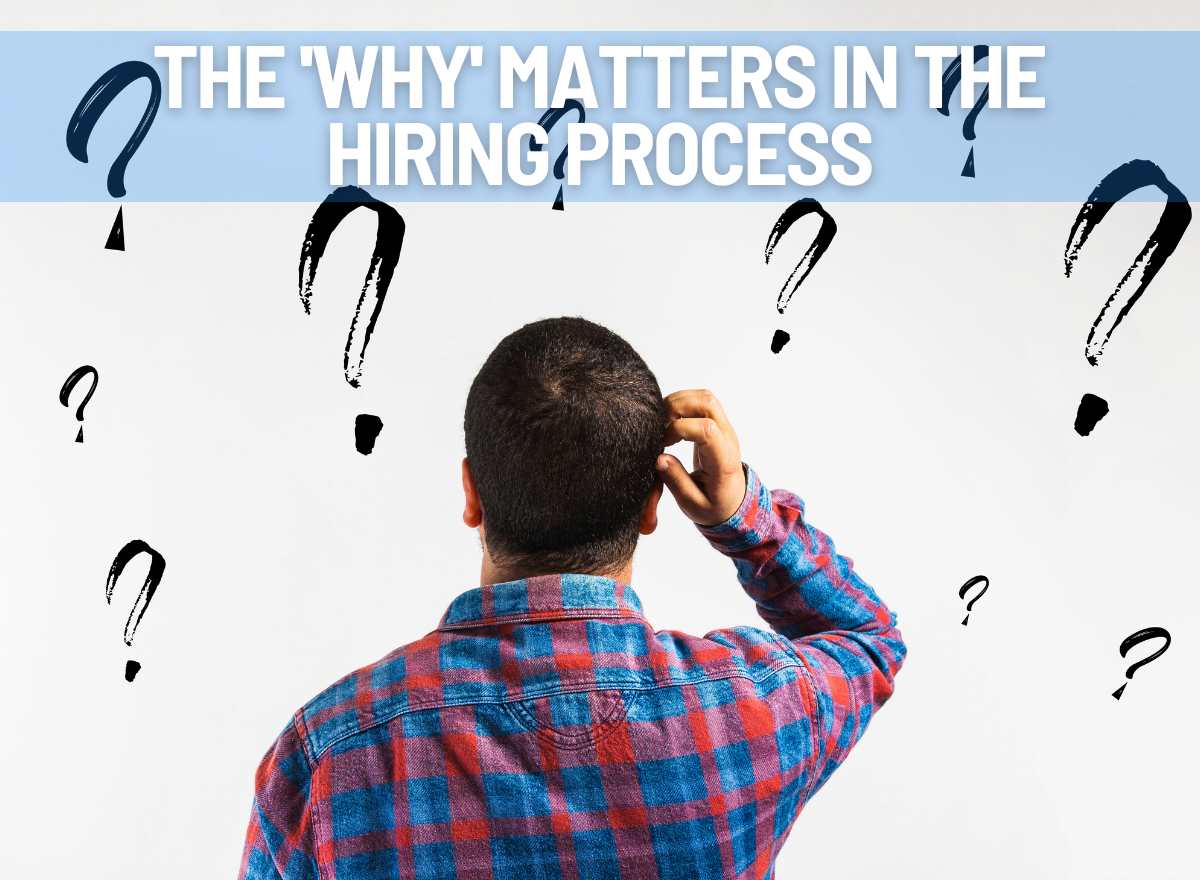The Power of Background, Action, and Result

In our fast-paced world, good communication is a real game-changer.
Whether you’re chatting with someone, having a heart-to-heart with a colleague, or just shooting the breeze, listening and asking the right questions can make a world of difference.
Okay, so, active listening is like the secret sauce of good communication. It’s not just hearing the words; it’s diving into the speaker’s world, understanding their feelings, and really getting what they’re trying to say.
To be a good listener, you need to be patient, show some empathy, and keep an open mind. If you interrupt or jump to conclusions, it’s like putting a big roadblock in the way of a genuine conversation.
And it’s not just about the words people say. You’ve got to pay attention to their tone, body language, and all those non-verbal cues that spill the beans about what’s really going on.
When you’re an active listener, you not only get a better grasp of things, but you also build trust and a solid connection with the person you’re talking to.
That’s like gold in the world of communication.
Now, when you’re on a quest for answers or insights, asking questions is the name of the game. But you can’t just toss out any old question and hope for the best. You’ve got to go through three key phases.
First up, there’s the background. You need to know the backstory, the context. That’s like the foundation of a good story, right? Without it, you won’t understand why things happened the way they did.
Then, there’s the action part. What did the person actually do? You’ve got to dig into the nitty-gritty details of their moves. This is where you find out how much thought and effort they put into what they were doing.
Last but not least, there’s the result. What happened in the end? Did their actions lead to success or crash and burn? This is where the whole story comes together.
Now, having these three parts – background, action, and result – is like having a superpower for making smart judgments about what’s going on. It’s like a truth detector, especially when people are trying to take credit for stuff they didn’t really do.
But not everyone is a born storyteller, you know?
Some folks might skip over the background or action parts and jump right to the result. In those cases, you’ve got to guide them, get them to rewind a bit and fill in the gaps.
On the flip side, some folks might be all about the action but forget to tell you what happened in the end. To avoid having missing pieces in your puzzle, you’ve got to ask more detailed questions. Like, how much money did they make? How many widgets did they sell? Did the customer stick around or hit the road?
Now, here’s a ninja move – asking open-ended questions.
They’re like magic keys to unlock the good stuff. Not everyone is a natural storyteller, so it’s up to you to get them talking.
Open-ended questions make people think and spill the beans on all the little details.
And hey, remember, everyone sees things differently. So, ask follow-up questions and get clarification when needed.
Sometimes, folks leave out important stuff or don’t even realize it’s important. By asking more questions, you help them paint a clearer picture of what went down.
One last thing, the way you ask questions matters big time. Being all chill and friendly encourages honesty and openness. But if you go all hardcore and pushy, folks might clam up and keep things to themselves.
To wrap it all up, if you’re into active listening, rocking the three-question phases, and using open-ended queries with a cool tone, you’ll be a communication champ.
You’ll get the lowdown on stuff, understand people better, and build awesome connections – both in your personal and work life. It’s like leveling up in the game of communication.






